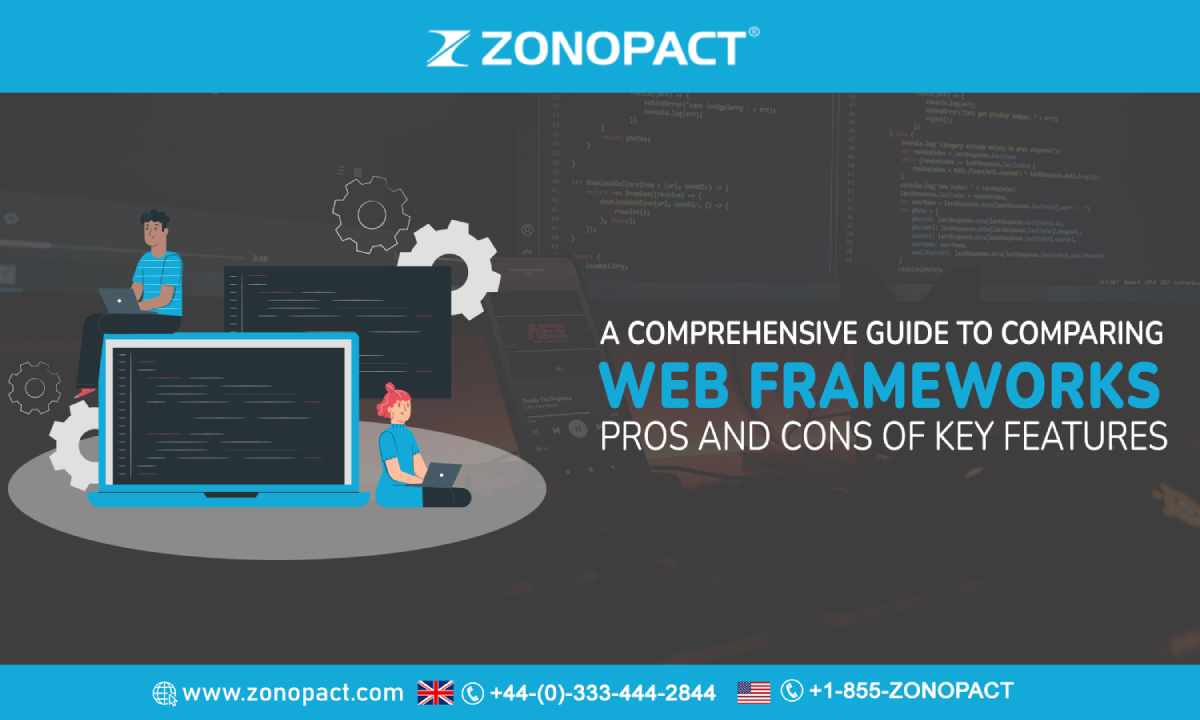
Are you looking for a comprehensive guide to comparing web frameworks and their key features? Look no further! This guide will provide an in-depth analysis of the pros and cons of some of the most popular web frameworks. We’ll cover topics such as scalability, security, flexibility, development speed, and more. We’ll also provide a detailed comparison of each web framework, so you can make an informed decision about the best one for your needs. Whether you’re a beginner or an experienced web developer, this guide will help you make the right choice when it comes to web frameworks. So let’s dive in and take a look at the pros and cons of each web framework!